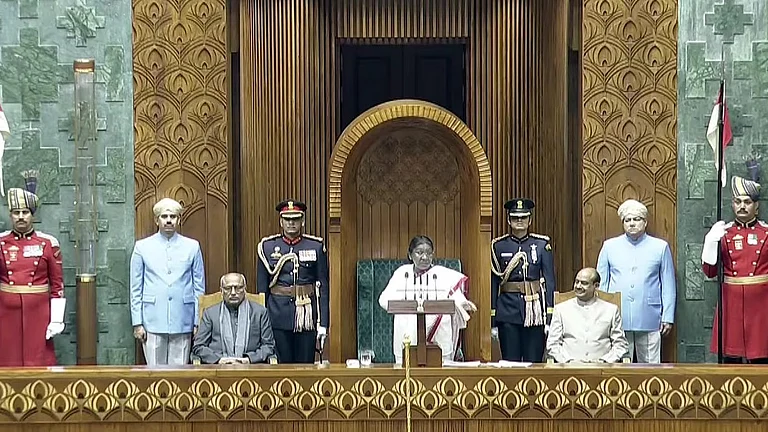Apex body for apparel exporters AEPC on Thursday urged the government to extend rebate scheme, RoSCTL, for three more years, stating that it has become a "dire" necessity, given the current global economic uncertainties.
The Apparel Export Promotion Council (AEPC) said market sentiments have touched an "all-time" low and the traditional markets of the US and the European Union (EU) are facing unprecedented recessionary trends.
In this backdrop, "the extension of this scheme RoSCTL (Rebate of State and Central Taxes and Levies) beyond 31st March, 2024 has become a dire necessity," AEPC Naren Goenka said in a statement.
"This scheme (RoSCTL) has helped the apparel industry immensely to plan the business on a consistent basis while staying competitive," he added.
He also asked the industry to focus on innovation and attracting Foreign Direct Investments (FDI).
"At present, the apparel industry receives a very low level of FDI, although 100 per cent overseas investment is allowed in the textile sector under the automatic route," he said.
"Enhancing FDI to increase economies of scale is very important for India's export competitiveness in the ready-made garment sector. Bringing investment in the garment sector to realise its full potential is our focus," Goenka added.
To reach the target of increasing exports from USD 16-17 billion to USD 40 billion by 2030, there is a need to focus on innovation to cut cost and faster clearances, expand market and product basket, adopt cluster-based model, bring in investments and enhance branding efforts, he said.
He added that the industry should also focus on harnessing the potential of e- commerce segment and Free Trade Agreements (FTAs), practise sustainability, and responsible business practices.
In 2021, the scheme was approved under which garment exporters get a rebate on central and state taxes on their outward shipments till March 2024.
Rebates of state taxes and levies would include VAT on fuel used in transportation, mandi tax, duty of electricity, and stamp duty on export documents.
They also include embedded State Goods and Services Tax (SGST) and Centre Goods and Services Tax (CSGT) paid on inputs such as pesticides and fertilisers used in production of raw cotton, central excise duty on fuel used in transportation, embedded CGST and compensation cess on coal used in production of electricity.
Under the RoSCTL scheme, the maximum rate of rebate for apparel was 6.05 per cent, while for made-ups, this was up to 8.2 per cent. Garments and made-ups segments such as home textiles products are covered under the scheme.
Global economic uncertainties are increasing due to Russia-Ukraine and Israel-Hamas conflicts.
Attacks on ships at the Red Sea are also impacting smooth supply of goods across countries.


























.jpg?w=200&auto=format%2Ccompress&fit=max)




